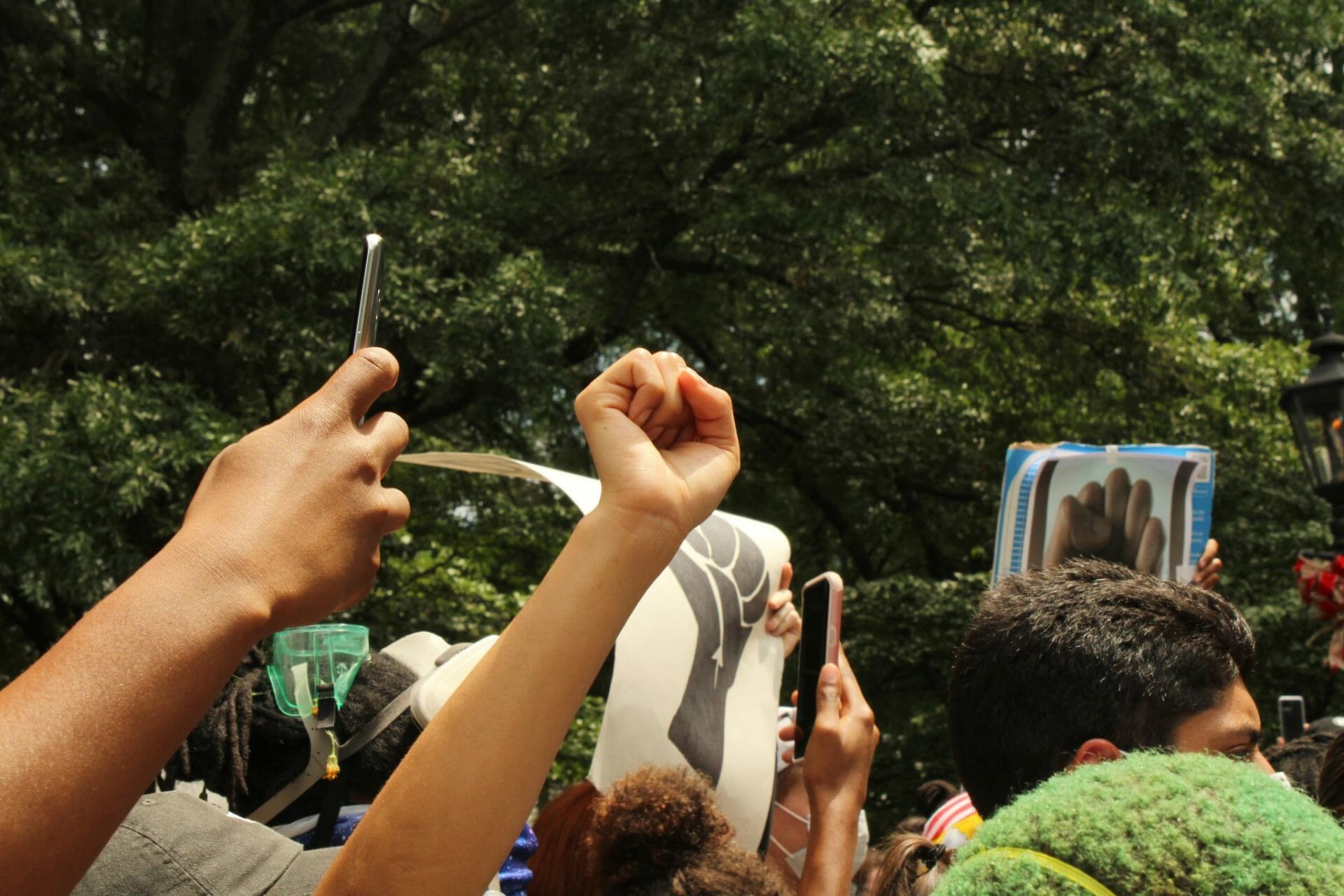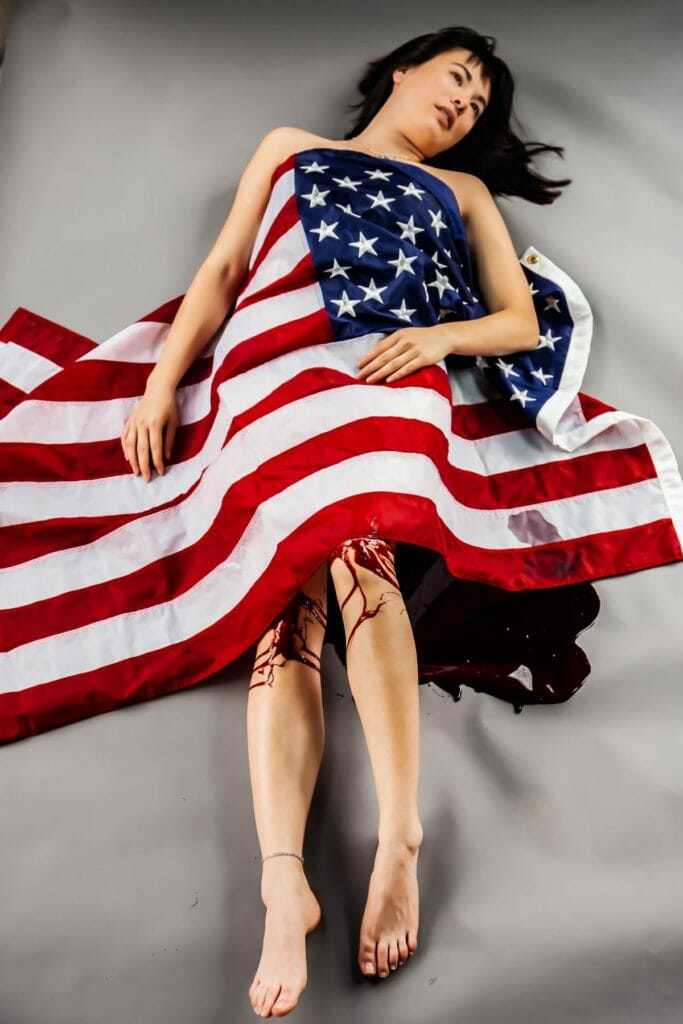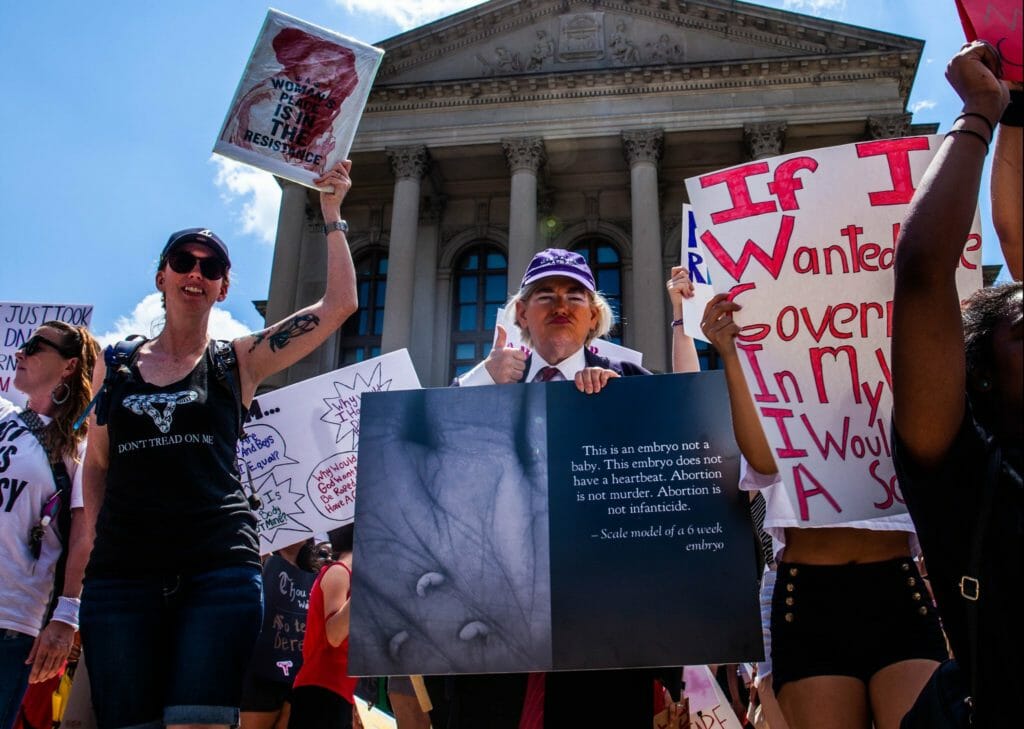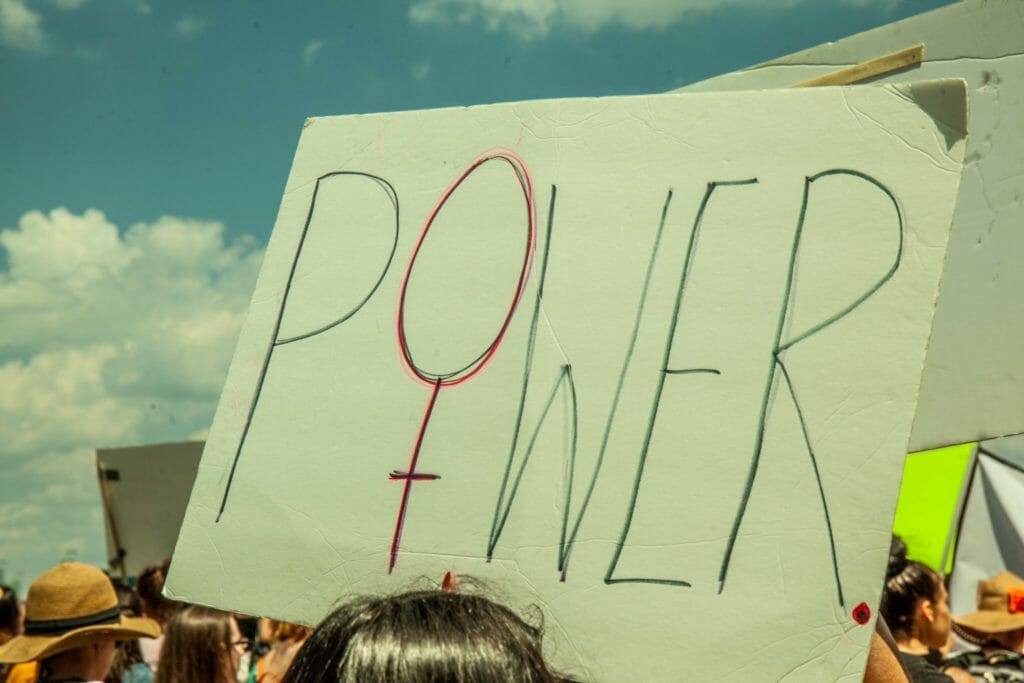ATLANTA — On Mon., Aug. 3, Atlanta City Council considered Mayor Keisha Lance Bottoms’ veto of Ordinance 20-O-1449, the “8 Can’t Wait Legislation.” Without any objection, the City Council swiftly sustained the veto. Prior to the veto, Mayor Bottoms admitted the current social climate has “illuminated the urgent need for reform within [the Atlanta Police Department] to rebuild the trust so desperately needed throughout the community.” However, she requested the City Council support the veto since the legislation violates the Georgia State Constitution.
Once again, the prospects of significant reform seemed to be within arms’ reach, but were quickly snatched away due to a seemingly minor stipulation. Even though Bottoms said she agrees with the legislation, she essentially undermined its integrity through her veto, citing possible issues concerning Georgia Constitutional legislation. Regardless of her reasoning for the veto, which was wavering in terms of true legality at best, Bottoms snuffed out the voices of thousands in her city as well as a unanimous vote from Atlanta City Council. Instances such as these can be easily perceived as the mayor straddling the fence in terms of the class divide plaguing the city by inadvertently pandering to the APD.
During the same session, complaints that rang in from the ivory towers in Buckhead and Midtown concerning street racing in the city received ample forethought and attention, resulting in an ordinance that was adopted and sent “post haste” to the mayor. The exhaustive, careful discussion of the language of the legislation pertaining to fines and penalties yielded multiple amendments prior to being adopted and boldly reflected the City Council’s commitment to serve the city’s wealthier communities. In fact, Councilmember Carla Smith staunchly defended an amendment of the proposed street racing ordinance that clearly violated state law for the sake of it being believed to greatly curb the activity, yet this same fervor either quickly vanished or was nonexistent amongst council when pieces of legislation in the vein of police reform, such as the Rayshard Brooks Bill and Ordinance 20-O-1486, made its way to the table. Additionally, the council failed to show adamance it displayed in its initial unanimous vote for 8 Can’t Wait against the mayor’s veto, which could have been overturned by a 2/3 vote.
Councilmember Cleta Winslow’s comment during the meeting further highlighted why the legislative body prioritized the ordinance: “It’s disturbing the taxpayers”; or, more accurately, the affluent constituents of the city. Many callers that day threatened the council with relocating and the loss of their positions. Apparently, being an active participant in street racing precludes one from being a taxpayer.
During public comment, one citizen captured the essence of the frustrations regarding the street racing by saying that Atlanta has become the “wild west.” And the truth of the matter is that, in some ways, it has, but for other reasons. Throughout the meeting, the council made it abundantly clear that its allegiance lies with the more resourceful, “taxpaying” communities.
What a slap in the face.
In the wake of George Floyd, Atlanta has at times been at the forefront of national conversation for police reform, hoping to offer viable solutions and be a model to the rest of the nation. The killing of Rayshard Brooks and other egregious offenses committed by APD officers only exacerbated the desperation to ultimately realize this reform.
Despite the City Council being the conduit for this tangible change, it conveniently skirts around the issues of the marginalized while failing to identify caveats that prevent any meaningful reform being achieved. While giving the illusion of serving the less fortunate constituents, whether that be through lip service or photo ops, the council appears to maintain the status quo by catering to the needs of the Buckhead and Midtown residents, as they demonstrated in their response to those affected by the street racing. In the meantime, immense and immediate demand from predominantly Black and brown communities for police reform took the backseat since that would conflict with the needs of the constituents the council more apparently strives to serve; and they happen to be those who view robust police involvement as an answer to their issues, although nothing substantial shows that heightened police presence in communities or criminalizing activity actually reduces or prevents crime.
Several pleas to address the street racing were often defined by fear of injury or death as a consequence of the recklessness; after all, it would be unfortunate for someone to die as a result of failure to acknowledge public outcry for reform. Sadly, this has been the experience of less sumptuous communities in the city. Yes, trying to sleep while enduring obnoxious sounds of tires screeching and random gunfire can be annoying, but how could anyone sleep knowing that black and brown communities in the city are affected by legislation such as the antiquated Georgia’s citizen’s arrest law and the impending House Bill 994, Kemp’s new “Gang Bill,” that’s more predisposed to harm them than to protect them?
Evidently, the council sleeps fine, which would explain why its priorities are out of whack. Noise complaints shouldn’t take precedence over addressing the APD’s unjustifiable killing of an unarmed black man nor any other injustices permitted by an overtly racist, outdated legal system designed to oppress and demonize people of color.
Interim Police Chief Rodney Bryant expressed his optimism about the street racing ordinance, saying, “We think this new ordinance will give us some strength as well as become a significant deterrent.”
Ironically enough, the constituents who inhabit the marginalized areas of the city where there are already strained relationships with the APD don’t share this sentiment due to a lack of legislation serving their needs or demands (e.g. Senate Bill 402 and House Bill 838). These examples, though not in effect, epitomize the purpose of the recent protests: reminding the council that money shouldn’t influence its ability to tackle pressing issues accordingly in addition to holding the APD accountable for its misdeeds.
Even after the City Council addressed the street racing ordinance, key pieces of legislation held in committee such as Ordinance 20-O-1450 and Ordinance 20-O-1486 both aimed at APD reform were skipped over and ignored; and we have yet to receive updates on their standing. While new Use of Advisory recommendations were introduced on Mon., Aug. 10, no concrete timeline is in place to determine when these recommendations, such as evolving police response to have different responders outside of APD, would be in effect.
The City Council is a body of elected officials that’s expected to honor the needs of all of its constituents, not only the wealthy. Communities of color are tired of having their hardships dismissed at the expense of the power of the almighty dollar, especially when they\’re targeted by legislation and are actively displaced from their communities to make way for more gentrification in what is already one of the fastest gentrified city in the country.
In regards to the street racers and participants, Councilmember Winslow said, “We don’t need to have a bleeding heart for these people.” Actually, it\’s quite the contrary. The same demographic of people who are prey of the street racing ordinance are also members of the disenfranchised communities that are neglected by the City Council — and during a global pandemic, legislation should come from a bleeding heart for the disenfranchised who were already suffering in the margins.
Street racing is a serious, dangerous issue in the city, but rather than only extending urgency and compassion to those losing sleep over street racing, let’s save our empathy for those who aren’t insulated by their wealth and privilege; for those losing sleep because another Black American was killed by those sworn to protect and served while the issues concerning them are regularly being handled nonchalantly or blatantly overlooked.
The council by now should know that the causes of civil unrest also contributes to sleepless nights.




